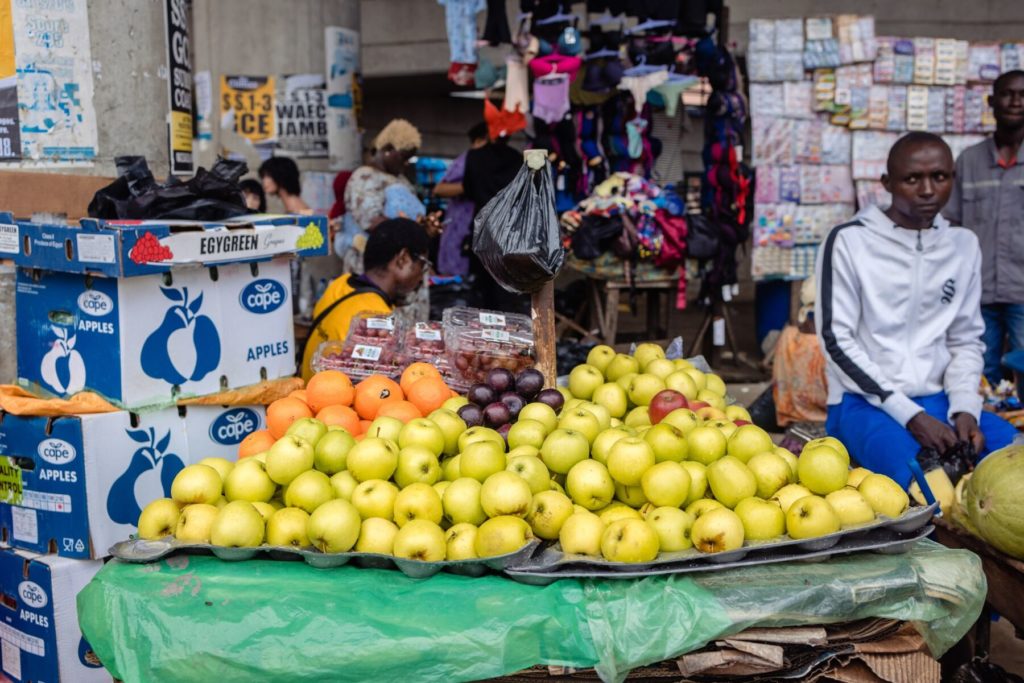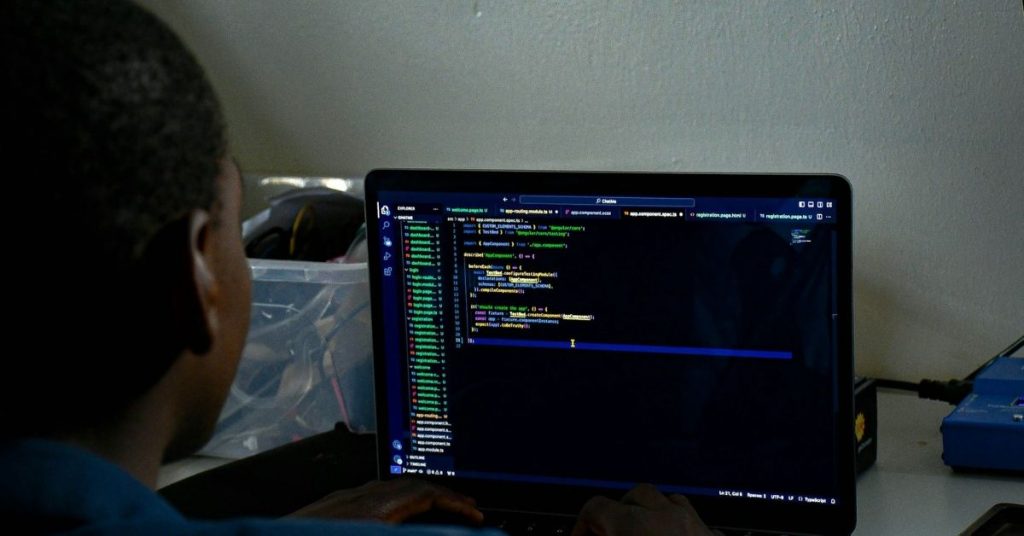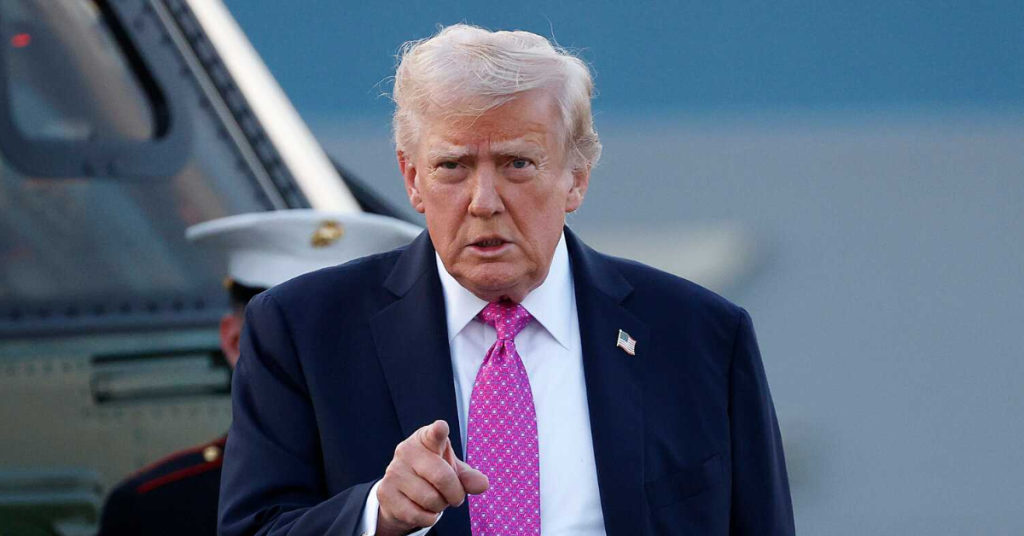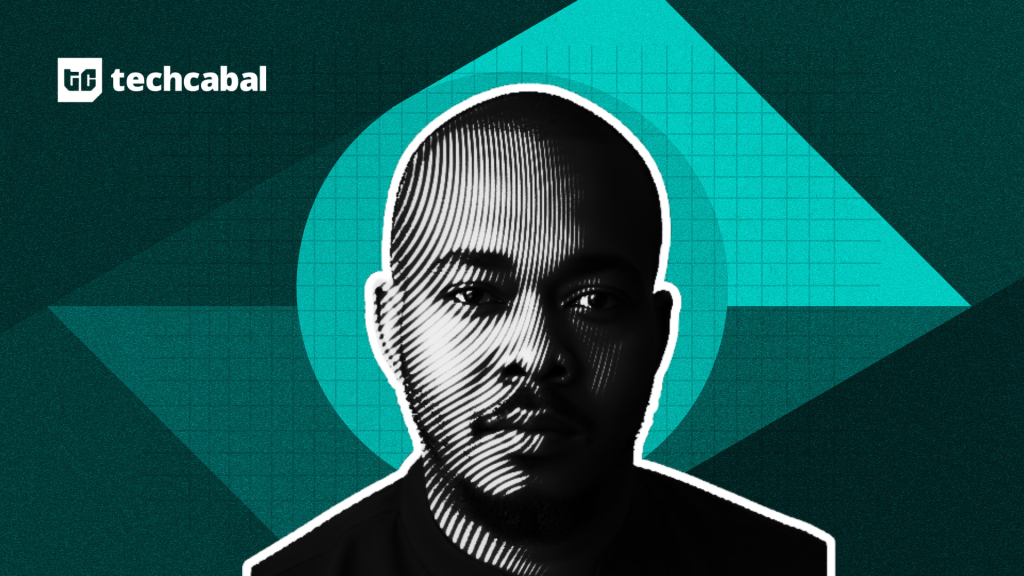Investor interest in African tech comes and goes in waves. In 2014, e-commerce received the lion’s share of investment, buoyed by Jumia and Konga, until the sector collapsed as African economies plummeted into recession. Investors then turned to the fintech sector, which still dominates the lion’s share of capital inflows into Africa’s tech sector.
But, some observers would argue that fintech is passé; the mobility sector has eclipsed it. In the last three months, the ride-hailing business – specifically the motorcycle taxi (okada) business – has exploded. Companies are raising new rounds; new players are entering the market, and competition has become cutthroat.
A fierce battle between two okada hailing startups Gokada and ORide is a testament to the mounting competition in the sector. In August, Gokada announced a temporary pause in operations to improve its operations. This set off speculation that, in reality, Gokada was in a fight for its life, fending off an aggressive competitor, O-Ride.
The expansion of ORide, the okada subsidiary of Chinese company Opera, into Nigeria has been lightning-fast and merciless. Not only was it flooding the market with thousands of Chinese bikes, it poached several of Gokada’s top management and scores of its riders with higher prices.
Opera tried to acquire Gokada, which refused to sell, according to people familiar with the conversations.
This could prove a colossal mistake.
Founders often resist selling a company early because they are looking to be the next tech unicorn. They believe in a better alternative, such as an IPO. They want to leave a legacy too. But, selling an early-stage company does not mean a lack of grit or gumption. It not only validates your idea, but it gives a founder an opportunity to work on the next venture, which can be seeded from sale proceeds.
And a sale often represents the most viable option for founders before their startup is driven out of business. Therefore, founders should consider selling earlier than initially planned.
Here are five considerations that can help founders decide whether they should sell or keep building their business, using the okada hailing business as an example.
Size of the market
In Nigeria, bike-hailing startups are Lagos-centric. Lagos hosts an estimated 14 million people, and about 80% of the total daily passenger trips occur via public transportation. Considering the small market size, startups like Gokada, Max.ng, SafeBoda, and O-Ride are all actively competing for a huge chunk of market share in the bike-hailing industry. However, the presence of stiff competition in this industry has limited the total addressable market and reduced potential revenues that would have been otherwise realized.
It is difficult to build for the mass market, the consumer market of bike-hailing startups. Servicing the mass market is a race to the bottom because most consumers are highly price-conscious. As a result, it is harder to differentiate your business model based on services. Customers, when faced with a choice, almost always end up picking the cheaper alternative. Many people use bike-hailing apps because they are inexpensive and can easily manoeuvre through dense traffic. However, they are also dangerous, and the lack of safety associated with motorbikes prevents many middle-class users from using bike-hailing apps. The varied differences in wants, needs, and preferences across a multitude of demographics make it harder to adopt a mass-market strategy.
Barriers to entry
The bike-hailing industry is a fragmented space, an indication of low barriers to entry. Bike-hailing startups are based on a gig economy model: users download an app, sign up, request rides, and branded motorcycles show up on-demand. There’s no production involved. With $4-5K you can hire a developer in India to build a mobile app. Since new entrants can easily become market players, price-conscious customers have no brand loyalty. Witness the battle for brand loyalty between Lyft and Uber, arguably the two largest ride-sharing apps in the United States. Customers are constantly shopping between both apps and picking the service with a better price. The same goes for the bike-hailing industry. Since there are no high start-up costs or other obstacles that prevent new entrants, the stiff competition will continue to persist, especially with the existence of deep-pocket competitors like Opera.
Competitive advantage
A key component of company success and profitability include establishing a defensible competitive advantage. Having an edge over the competition can involve company brand, proprietary technology, exclusive supplier and distribution agreements etc. Since there is no inhouse technology involved in ride-hailing services, neither is there brand loyalty, it is difficult to establish a competitive advantage. Hence, industry players are continually looking for ways to stay competitive. Gokada for instance, in a reboot move, gave new Bluetooth helmets to its drivers for improved safety; Max.ng is diversifying through business delivery and personal transit, and SafeBoda largely boasts of multi-regional experience. But, if such advantages fail to keep rivals at bay, founders may need to think twice about their company’s future.
Nature of the competition
Knowing the competition and their offer can help founders decide whether to sell. If competitors have deep financial pockets, a strong management team, and attractively priced products, startups will struggle to compete. An early-stage sale could be the best option on the table. For example, Opera is listed on the Nasdaq stock exchange and has the financial firepower to flood the market and capture market share. In July, its fintech subsidiary, OPay, raised $50m in capital.
Opera is likely playing a numbers game and banking on its users to boost its share price.
Within a month of launching ORide, Opera recorded 100,000 rides per day due to heavily subsidized fares. It is estimated that Opera has spent roughly $2.5m given an average subsidy of NGN300 per ride (not including the onboarding bonus of NGN30,000 for drivers). This represents 50% of Gokada’s total $5m fundraising — which Opera spent in just 30 days.
Opera’s cash burn might appear reckless. But, there is a strategy behind its spending.
The company’s share price on Nasdaq has surged with its aggressive expansion into Nigeria. On an earnings call in May, Opera pointed to its acquisition of millions of new users in Nigeria as a driver of its strong performance. As a result, Opera shares jumped 31% from $9.32 to $12.18.
Cash flow
Cash flow issues are a good indicator of when to sell. Since cash flows are a vital component of a healthy startup, founders should sell if the industry’s total addressable market is too small to accommodate the need for a flexible business model. Likewise, a company that struggles with high overhead expenses, insufficient gross margins, profit shortfalls are telltale signals that the company is experiencing cash flow problems. In the bike-hailing industry, a competitor’s access to patient capital and its ability to out-price incumbent players is a strong indicator to sell.
If Gokada was acquired by ORide, they wouldn’t have been the first Nigerian or African company to be bought given the number of past successful acquisitions in Africa. In March 2019, OneFi acquired payment company Amplify and Ghana’s AFB bought Kenya’s Weza Tele in 2015.
Acquisitions are a vital ingredient in a thriving tech ecosystem. They help consolidate sectors, helping to create companies with economies of scale. Africa’s tech ecosystem needs consolidation. For example, ride-hailing and fintech services are fragmented with too many small players. Founders stand to benefit too. An early-stage sale is better than being run out of business by a deep-pocketed, aggressive competitor. Founders can look to Nigeria’s okada ride-hailing as a cautionary tale. It is never too early to sell.
About the author:
Opeyemi Odeyale is the COO of Ping Express a London-based money transfer company.











